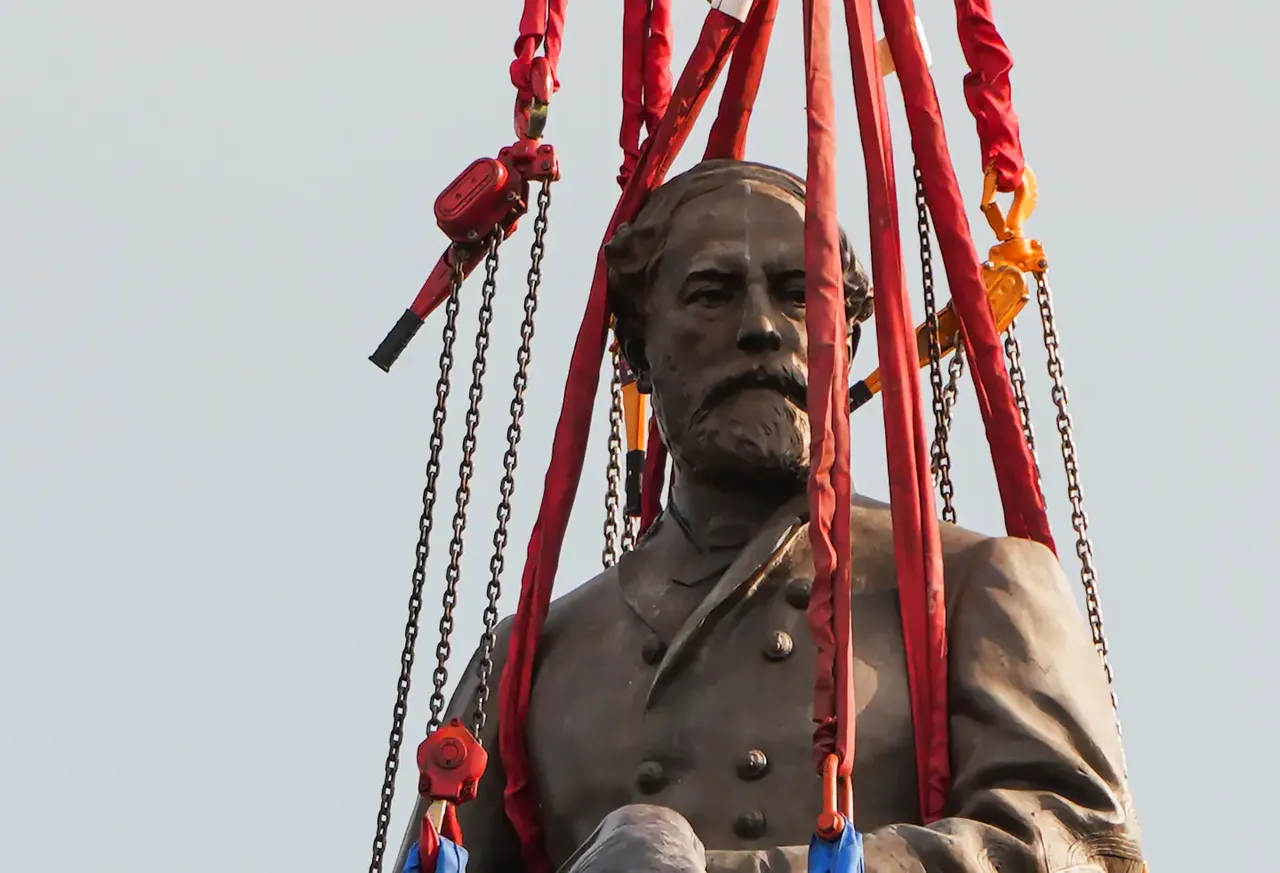
—https://www.washingtonpost.com/history/2021/09/10/robert-e-lee-slavery
I’m a Jew, and most every year of my life from as far back as I can remember, during the annual Passover seder, I have heard recited or I have recited the following words, in Hebrew and then in English:
עֲבָדִים הָיִינוּ לְפַרְעֹה בְּמִצְרָיִם
“We were slaves to Pharaoh in Egypt.”
But even with that annual repetition, I have never thought of myself as a slave or of my ancestors as somehow inherently slaves, nor have I ever thought that Jews were in any way less than those who held us as slaves – those Egyptian bastards! We were slaves then. We are not slaves now. And I am not in any way diminished by the recognition that my ancestors were held in slavery.
I’m a lover of language, but I’m no lexicographer or linguist. I don’t see how changing “slave” to “enslaved person” is an improvement, linguistically, psychologically, aesthetically, or in any other way. On the contrary, the phrase “enslaved person” is cumbersome, awkward, and ambiguous. In the linked WaPo article, we are told that “Though the first president never had biological children, he helped raise Custis and many other children in his extended family. Custis owned several estates in Virginia, which he maintained with the labor of people he enslaved.”
But what does it mean to write that Custis “enslaved” people? Does that mean, like the slavers in Africa, that he seized free people and then held them in captivity? No. If Custis purchased slaves – yes, I know, how can one claim that a human being is purchased and how can one call another human being a slave, but we all know what those words mean, with or without imposing moral judgements on the terms themselves. If Custis paid money for black people who were already enslaved, did Custis enslave them? I think not.
According to Merriam-Webster:
“Definition of en- (Entry 2 of 5)
1: put into or onto 'enthrone': cover with 'enshroud': go into or onto 'enplane'—in verbs formed from nouns
2: cause to be 'enslave'—in verbs formed from adjectives or nouns”
To “enthrone” someone is to make a monarch of someone who was not previously sitting on the throne. It involves a change of status. To “enslave” someone, by the same logic, would mean to change another person’s status from that of a free person to that of a slave.
For one slave-owner to sell a human being to a second slave-owner is not, it seems to me, to “enslave” that human being. It’s a monstrous act, but it’s not “enslavement.” Why not? Because that transfer of “ownership” does not involve the act of making someone a slave who has not already been enslaved.
If, however,a human being is sold into slavery from a previous condition of freedom, then one can legitimately use the term “enslavement.”
The awkwardness of the terms “enslaved person” and “enslaved people” is evident throughout the WaPo article. For example:
“On social media, many revived old claims that Lee was against secession and slavery, was practically an abolitionist and never personally owned enslaved people.”
“… Lee owned enslaved people.” In what way is that construction preferable to simply stating that “Lee owned slaves”? The sentence already admits ownership, as if one person can own another. What does one call a person owned by another? A slave.
The awkwardness is increased towards the end of the article by a bracketed WaPo headline from a related story: “A freed enslaved person became a Union spy.” But when I clicked on that link, I found that the original 2019 article was entitled “A freed slave became a spy.” Which would you say is preferable and clearer: “a freed enslaved person” or “a freed slave”?
